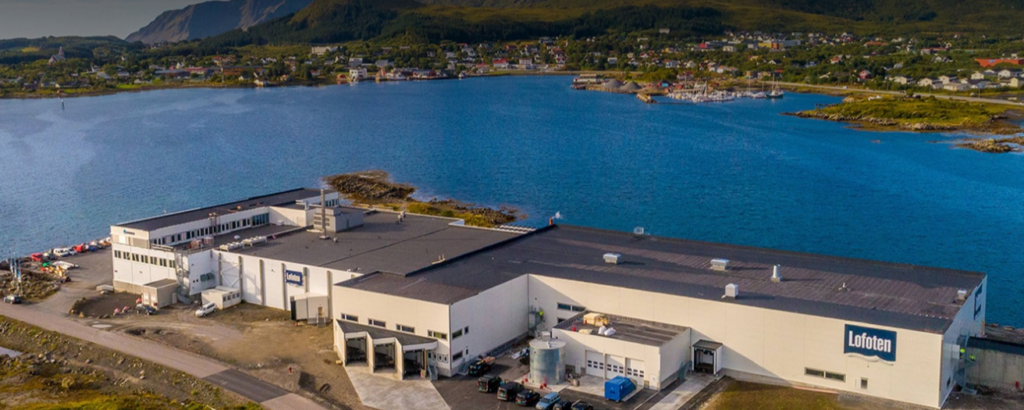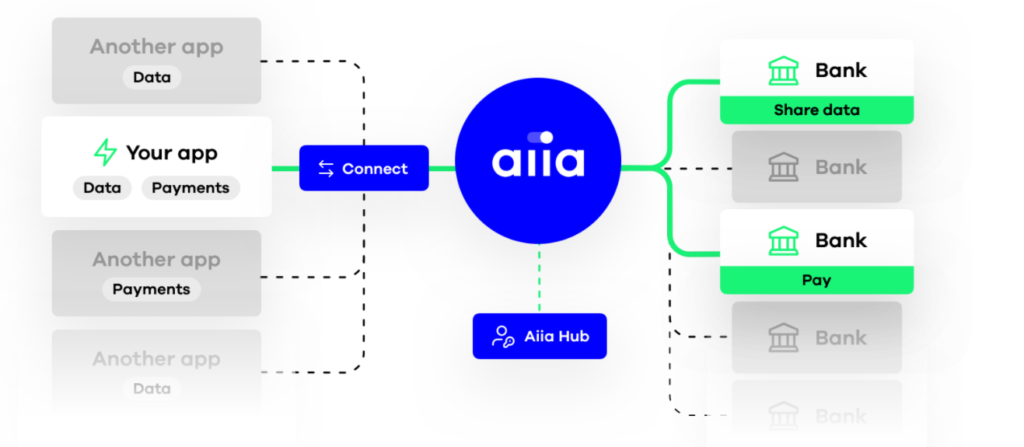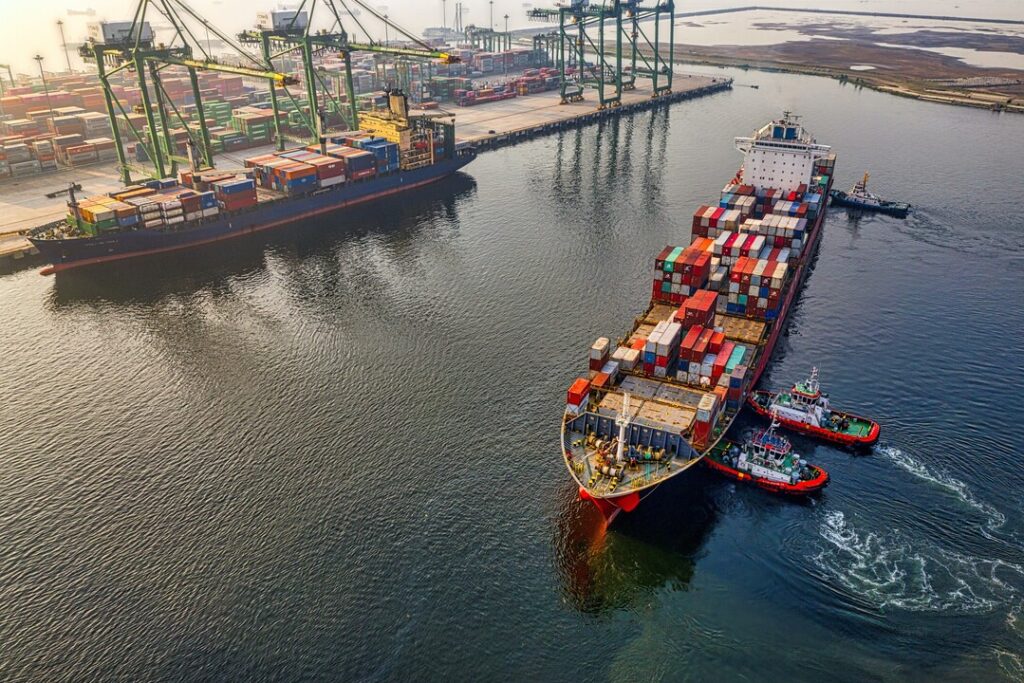Executive

Strategy
How Your Purpose Can Be A Driver For Success After Covid-19
By Michael Hjortlund, Managing Partner in Valcon
During the last six months, I have seen more courageous business decisions than I have seen in the last ten years. In most cases, the decisions were not made exclusively on the executive floor. Many of the launched initiatives were the result of a coalition of employees, suppliers, capital partners and customers. Examples include voluntary wage cuts, voluntary postponements of invoices and “opt to have it later” solutions for customers. These kinds of initiatives can only come into existence when everybody in the ecosystem chips in.
You might argue that this is simply normal behaviour in a crisis – people do tend to rally around the flag in a time of crisis. But what if this is simply the new normal? The implications for strategic decision-making are huge. A company capable of integrating a coalition of customers, employees and suppliers in the formation of their strategic choices will have manoeuvrability vastly beyond their competition.
It makes me wonder, whether this is the final victory for purpose-led businesses? Studies carried out during the COVID-19 crisis show that the majority of CEOs have come to regard their company’s purpose as more important in the COVID-19 crisis. And that they need to work with their purpose in the aftermath of the crisis.
The idea that purpose-led companies outperform the market is not a new one. More than 40 years have passed since the first books on the subject hit the bookshelves, and multiple studies have demonstrated that purpose-led companies outgrow competitors. The last decade has seen purpose surge into marketing with all kinds of companies trying to sell their purpose to consumers. And lately, focus on sustainability has led many to redefine or strengthen their purpose.
However, what is new is that purpose comes into play in engaging the ecosystem to protect the company and the purpose in a time of crisis. Hence, the question is not whether to pursue a purpose-led business model but rather how you go about it. Some companies have chosen the DNA route by connecting their history and achievements in a forward-looking purpose that engages customers and employees in the brand. This is the natural route for companies already working with products or services that have a positive impact on society in some form. Many pharmaceuticals pursue this route.
Others choose a “purpose add-on” strategy, fighting e.g. to reduce the carbon footprint of doing business. This route is often followed by companies without an evident inherent societal impact in their core business, such as logistics providers.
There is a third route as well. Identifying a new purpose for your business. And going for it with whatever you have to do in order to redefine your business. This means taking courageous, irreversible strategic decisions before it is selfevident that these are profitable. Ørsted, the Danish energy company, could be such an example as they took the renewable energy route very early on in the climate game.
No matter which route you take, the competition for purpose is on. Customers, employees and entire ecosystems will go for strong and credible purposes. Winners in the short run may be the best storytellers. In the long run, however, it requires much more. The real question becomes how you embed your purpose in every corner of your company and how you engage your entire ecosystem in that quest.





